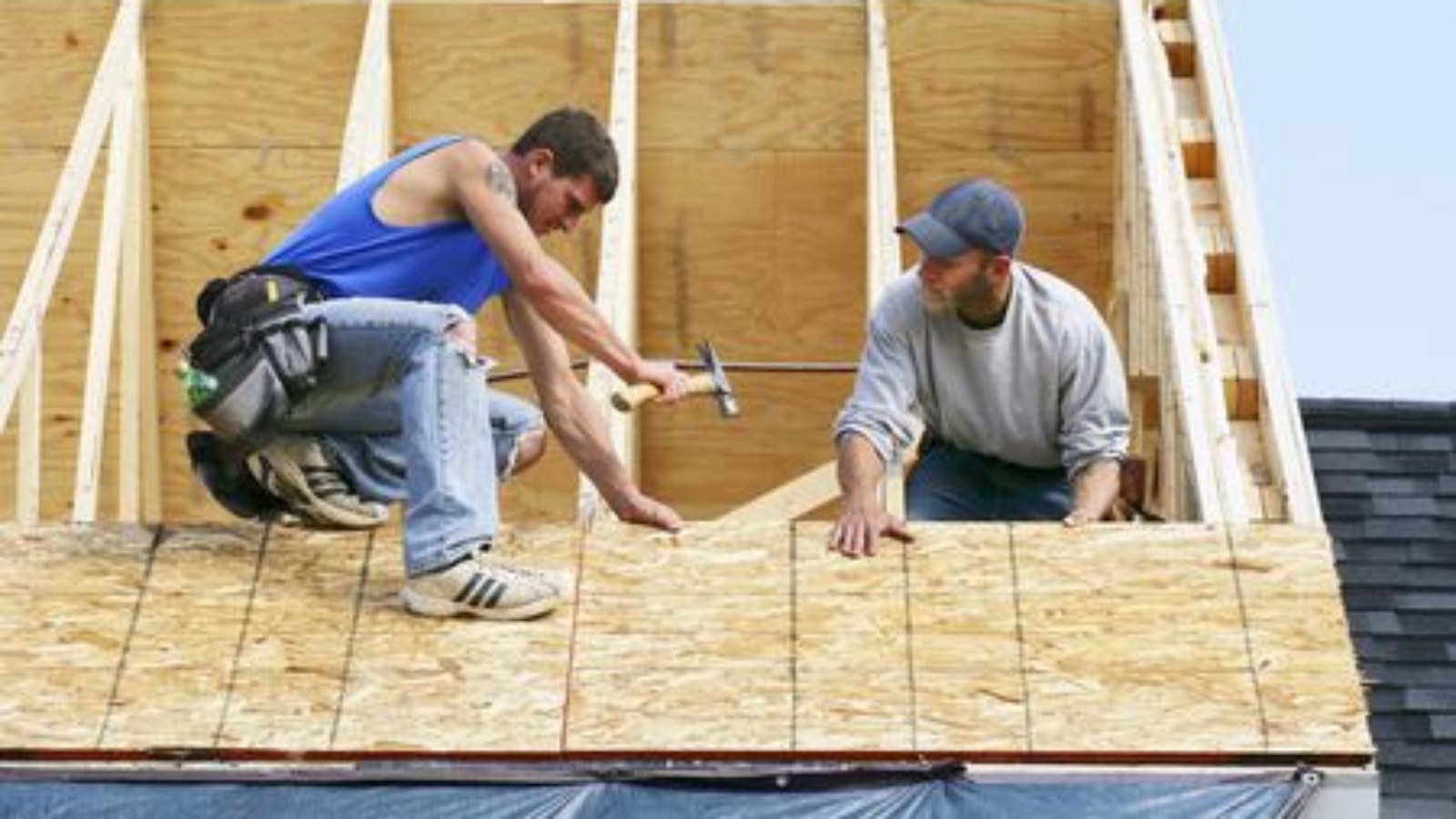Repair vs Replace Your Roofing
Roofing is one of those tasks like replacing the alternator on your car – nobody wants to do it but sooner or later it has to get done. After all there are so many more fun tasks to be done around the home that are so much more satisfactory. Let’s see the difference between ” Repair vs Replace Your Roofing”
Roofs are prime targets for procrastination– what you can’t see doesn’t matter, right? Unfortunately, that isn’t true and those leaks, missing tiles and other issues have started to pile up so you might be wondering whether its’ time to fix them or invest in a new roof all together.
The question of whether to repair or replace isn’t always an easy one to answer because there a number of different factors to consider which we will cover in the blog post. The big one of course, is always the cost but before we get to that one, there are a few other things.
What Are My Plans For Your Home?
This is probably the most important question to ask yourself before spending money on your roof. Do you plan on spending a long time in your home or do you intend to sell it in the next couple of years? Nothing can stop a sale faster than a roof that’s in bad shape and in desperate need of replacement. Even if you’re pricing the home relatively modestly for roofing repairs, many people don’t want to deal with the hassle or stress of replacing the roof. Making an investment in your roof can actually help your property sell faster and get a higher value for it – more than the cost of replacement.
While an old roof can scare off potential buyers quickly, a new roof can just as quickly attract plenty of hopefuls. For those looking to move into a new property, not having to immediately invest in something major like a new roof is a huge benefit.
If you want to retire in your home and don’t mind waiting or dealing with the headaches that come with an old, damaged roof then you might want to consider putting off spending money on a new room. A word of warning, however: be prepared for the fallout that comes with not upgrading your roof including major water damage.
What Is The Nature Of The Damage?
The first question you need to ask is what is the extent of the damage to the roof. A single missing shingle or a small leak can be easy to fix. In fact, the sooner you do so, the less likely the damage will spread and will cost more.
Larger problems that are more widespread like a large hole or a leak that is flowing can be your signal that a roof replacement will soon be in order.
Visually inspecting your roof from both the inside and the outside can tell you just about everything you need to know about its condition. Start outside from the curb in front of your house. And look for any visible locations where the tiles or shingles are damage or missing. These areas are major weak points in your roof’s ability to withstand another winter and are most likely the sites of leaks that could be causing discolouration or signs of water damage on your ceilings.
Once you’ve checked around the outside of your house, climb up into your attic and take a look. You should be checking for any wet spots or water. Water damage can be a real problem as it can cause havoc both on your roof and the interior or your home. Signs of water intrusion include wood rot, mold and mildew growth. Another thing to look out for could be small cracks where light is shining through. Ultimately, you will need to get a roofer to take a look and give your professional opinion on whether or not these cracks, water damage, or mold warrant a new roof or if they can be patched up.
How Old Is the Roof?
Your roof’s age is another large factor in whether you should repair it or replace it. If your roof is still on the newer side, then repairing it is probably the better way to go. However, if your roof is old and has fallen into a state that no amount of repairing will really salvage, then replacing is definitely the optimal choice.
The expected lifespan of your roof depends on the material it’s built from. For example, in Vancouver asphalt shingles are common because they are inexpensive, lightweight, and easy to repair, but generally only have a lifespan of about 15 years. On the other hand, tiles, clay, and aluminum are much harder, more durable, and resistant to natural hazards and can last between 30 and 50 years or more in most cases. If your roof is approaching this age, then it may be time to consider replacing your roof and starting new.
What Is The Cost Difference?
Cost is obviously the first question wonder, but it shouldn’t be the major factor behind your decision making. If you’re a home owner you should be putting money away in a renovations fund each month to prepare for things like roof repair or roof replacement. If you don’t have the money, it’s not a good idea to go into debt to replace your roof unless it’s going to cause a large amount of damage to the interior of your home.
Conclusion
So, I hope you get an idea after this comparison “Repair vs Replace Your Roofing”. Unfortunately no roofing system lasts forever. Particularly in a climate as diverse as Vancouver’s’ and will eventually have to be replace. However, as a home owner, you should be able to stretch the lifespan for as long as possible. Roofing systems are important to the structure and protection of your home. It’s what keeps you dry, warm and safe from the elements. If you notice leaks, broken shingles or other problems with your roof, contact Cambie Roofing, a family owned & operated local roofing contractor with decades of experience in residential and commercial roofing. We’ll evaluate your roofing system and recommend whether you should repair or replace your roof.
Originally published 2019.
Updated and republished July 2023.

